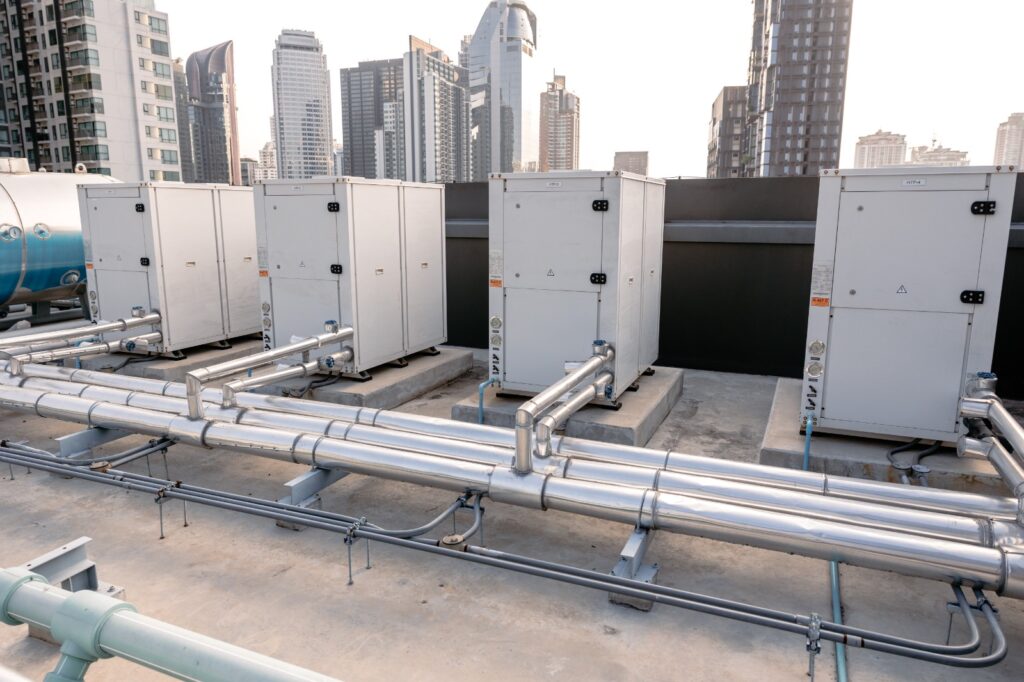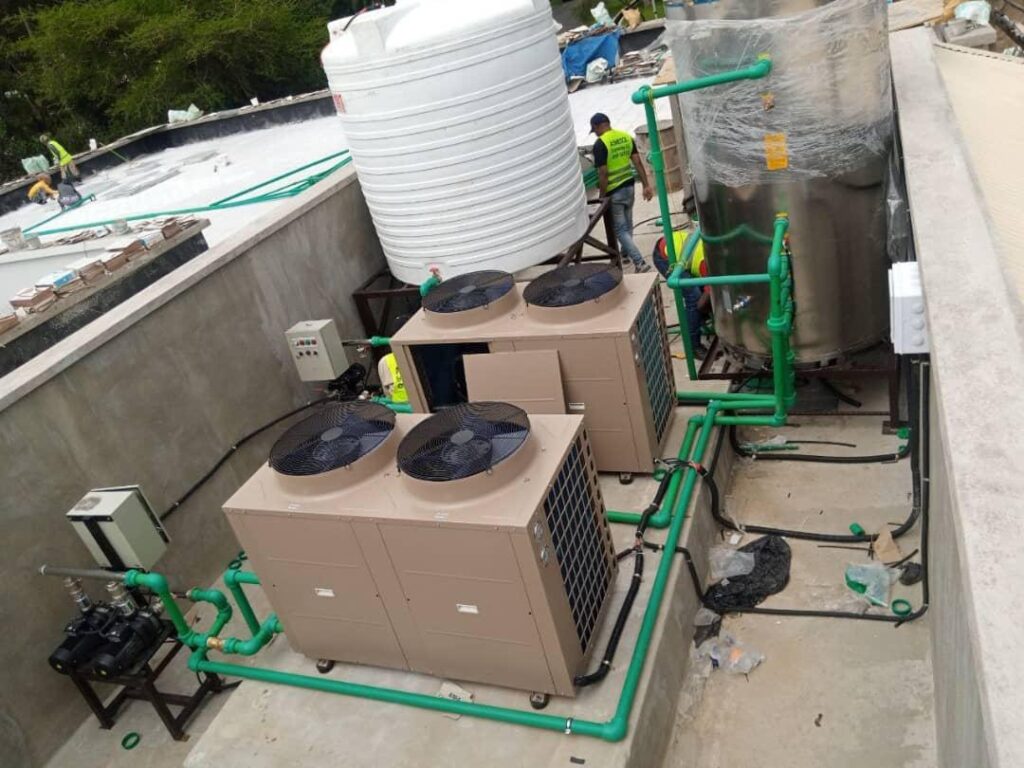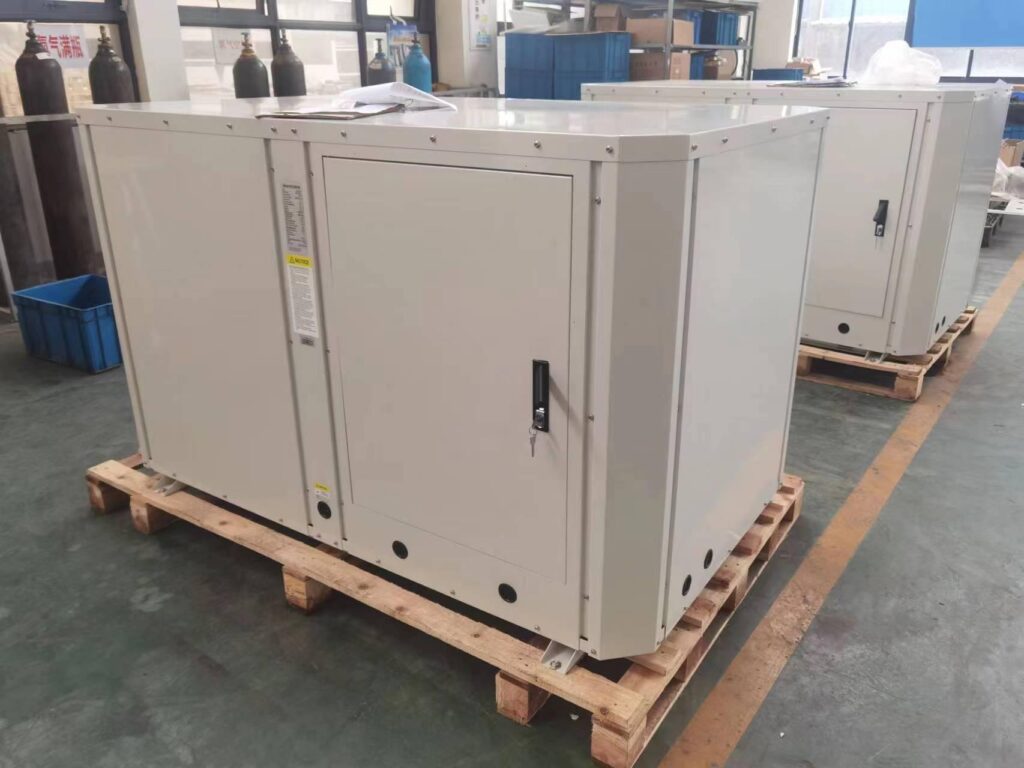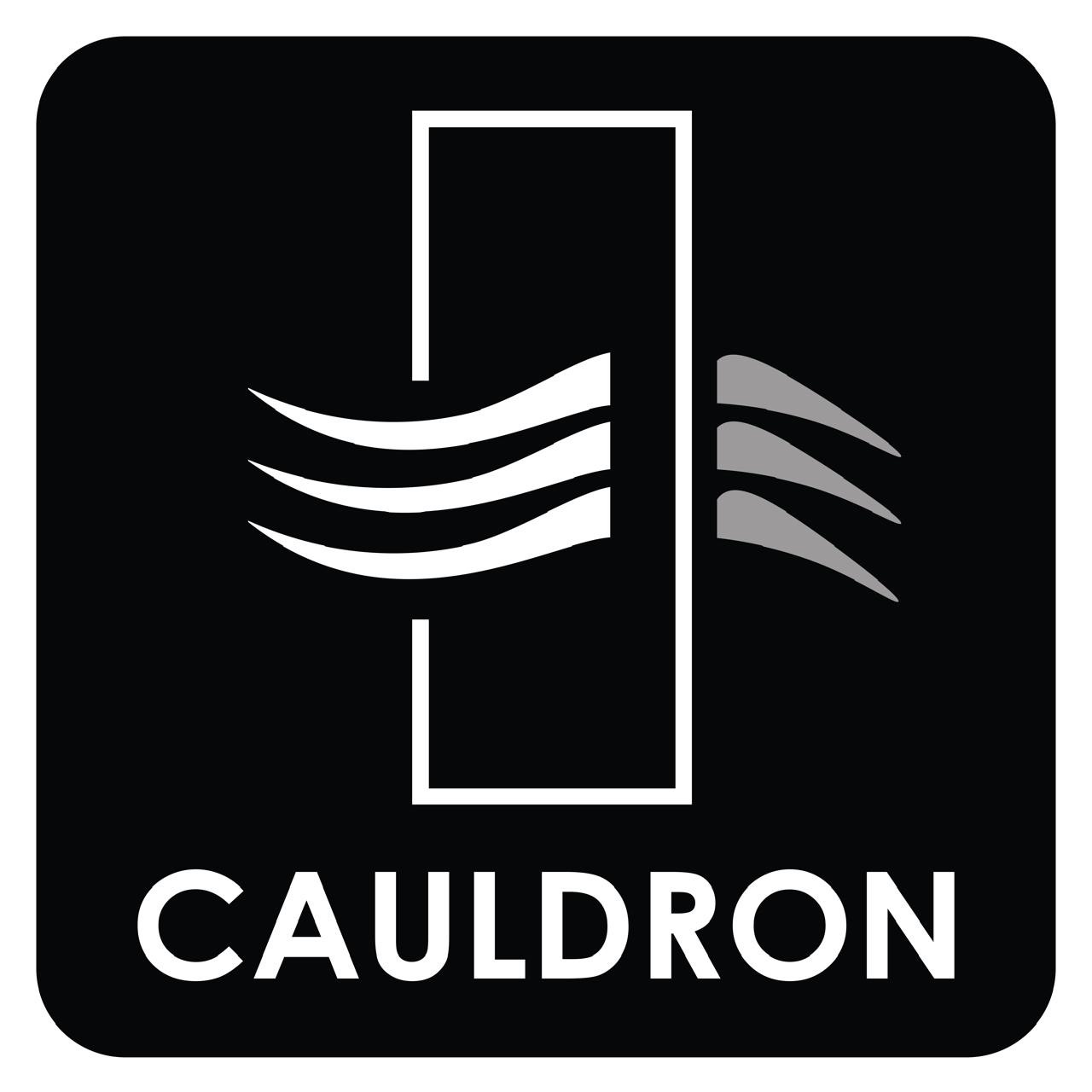Heat Pumps versus Traditional Electric Heating Systems: Which Is Best for Your Hotel in the UAE?
Besides being a hot desert country, maintaining the United Arab Emirates provides more compelling reasons to keep your hotel cool and pleasant for comfort. Energy efficiency and sustainability are some of the important factors on which hoteliers will make one of the biggest decisions: whether to continue with traditional electric heating systems or leap into modern heat pumps. This blog explores the pros and cons of each, with a view to unique needs for hotels in Dubai, Abu Dhabi, and further afield in the UAE.

Understanding Heat Pump Systems in UAE
Heat pumps are the new ways that serve the dual purpose of heating and cooling a space by circulating heat from one place to another. In the UAE, even though the temperature remains predominantly hot, extended uses of heat pumps relate to cooling the buildings by circulating heat from inside to outside. The best UAE heat pumps can operate at extreme temperatures, hence suitable for UAE’s climatic conditions.
Key benefits for heat pumps in Dubai and other Emirates include:
- Energy Efficiency: Heat pumps can realize efficiencies of up to 300-400%, which means they can provide 3-4 units of heating or cooling for every unit of electricity consumed.
- Versatility: They can heat up, too, and cool down, which negates the use of separate systems.
- Eco-Friendliness: The fact that they use less electricity means they emit less carbon, which goes in line with the UAE’s sustainability vision.
- They have a very good lifespan: With adequate maintenance, they can serve up to 15-20 years.
heat pumps



Traditional Electric Heating Systems
The traditional type of electric heating is the one normally adopted by most hotels. They convert electricity directly into heat, which is then distributed throughout the building. This is rather conventional and easy to understand; however, these systems have a few
disadvantages in the UAE context:
- Increased Energy Consumption: They tend to consume more electricity to have the same effect of heating or cooling when compared with heat pumps.
- Limited Functionality: Most are designed to provide heat only, and thus require separate air-conditioning systems to cool.
- Ecological Footprint: More energy consumption means a bigger carbon footprint.
- Short Life Expectancy: Generally, electric heaters need to be changed out every 10-15 years or so.
Costs and Efficiency: How Does Each Compare?
In the case of heat pump installation in UAE, the initial costs might be higher than conventional electric systems. However, the energy bill savings in the long run can be substantial. Since Dubai and Abu Dhabi have air conditioning running almost throughout the year, hotels in both cities can show a drastic reduction in electricity cost using heat pumps.
For instance, a mid-size hotel in Dubai would use about AED 500,000 every year for heating and cooling with a conventional system. Under ideal conditions, the installation of the best heat pump in Dubai may reduce this cost by 30-50%, saving them AED 150,000-250,000 annually.
Heat Pump Installation UAE: What to Consider
First, if you are considering the heat pump installation Dubai or anywhere else in the UAE, here are some points to consider:
- Size and Capacity: The size and capacity should be suited to the needs of the hotel.
- Type of Heat Pump: Air-source, water-source, and ground-source heat pumps are the types of heat pumps available. Air source is more common in the UAE due to climate and ease of installation.
- Energy Ratings: Look for models with high Coefficient of Performance – COP – ratings.
- Noise Levels: Certain heat pumps can make noise that may disturb the guests. Here, in consideration, the best heat pump installation UAE will check on noise reduction techniques.
- Maintenance Requirements: For peak performance, maintenance is needed on a regular basis.
Case Study: Dubai Hotel Success Story
Dubai’s one of the luxurious hotels had recently replaced traditional electric heating with a state-of-the-art heat pump system in Dubai. While the installation cost of the heat pump in Dubai was higher, at AED 2 million, the case hotel realized energy cost savings of up to 40% in the first year. In other words, it means the system pays back in three plus years and considerably reduces the carbon footprint of the hotel, therefore aligning with Dubai’s vision for sustainable tourism.
Expanding Beyond UAE
The benefits of heat pumps are not confined to the UAE alone. Even hotels operating in neighboring countries present certain advantages:
Heat Pumps in Saudi: The ambitious goals concerning sustainability have found their inclusion in the Kingdom’s Vision 2030. Heat pump installation Saudi is turning out to be a usual thing in newly developed hotels, especially in cities like Riyadh and Jeddah.
Heat Pumps in Oman: With the rise in the tourism industry, many new hotel developments are looking at energy efficiency. The best heat pump in Oman will be in a position to give great help in sustaining the costs for comfort of this hot country climate.
Government Initiatives and Incentives
The government in the UAE has been proactive in encouraging energy-efficient technologies. In Dubai, for example, there are initiatives by the Supreme Council of Energy to encourage the adoption of sustainable technologies, including the application of heat pumps. Indeed, some hotels may also be getting incentives or rebates when installing energy-efficient systems; therefore, making heat pumps even more attractive.
Decision Time
For your hotel, in choosing between heat pumps and traditional electric heating, consider the following:
- Long-term Cost Savings: While the initial costs of the heat pumps are slightly high, they promise considerable long-term savings.
- Environmental Impact: Heat pumps align with your commitment to sustainability and can potentially reinforce your hotel’s brand reputation for going green.
- Guest Comfort: Newer models of heat pumps promise efficient temperature control and predictably consistent comfort.
- Future Legislation: As energy efficiency standards continue to tighten, it may be that, in a few years, it will become compulsory to install a heat pump.
- Maintenance and Reliability: While both need maintenance, heat pumps, on the whole, are much less trouble and tend to last longer, providing they are properly serviced.
Conclusion
When making decisions on which heat boosters to be used in UAE, Dubai and Abu Dhabi hotels, the answer goes without saying: heat pumps are, by far, a much superior alternative to conventional electric heating systems. Comparatively, the energy efficiency and cost savings in the use of heat pumps make them the superior choice in most properties. Therefore, though the initial investment might be extremely high, the after benefits of long-term use outweigh the costs.
As such, the UAE hospitality industry, while continuously changing and expanding, has great need for the adoption of sustainable technologies like heat pumps regarding competitiveness and guest expectations of comfort and environmental consideration.
Ready to make the switch? Be it searching for heat pumps for sale in UAE, heat pumps for sale in Dubai, or exploring options for heat pumps for sale in Saudi or heat pumps for sale in Oman, there are a number of reputable providers that offer top-quality systems and installation services. Call a local professional today and start exploring exactly how heat pumps can make a difference for your hotel, taking those first steps toward an efficient sustainable future.
